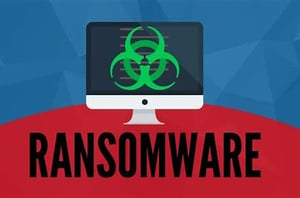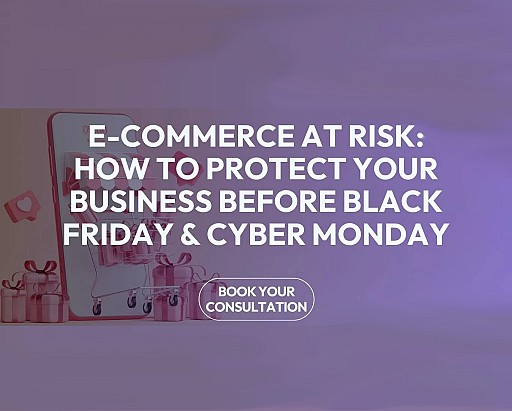 There is no doubt that ransomware continues to still be considered a big threat to businesses. The UK's National Crime Agency (NCA) warns in this report that the overall threat from cybercrime has increased during the past year, with more severe and high-profile attacks against victims. Particularly concerning for the NCA is the growth of ransomware "causing harm to our citizens and communities on a significant scale."
There is no doubt that ransomware continues to still be considered a big threat to businesses. The UK's National Crime Agency (NCA) warns in this report that the overall threat from cybercrime has increased during the past year, with more severe and high-profile attacks against victims. Particularly concerning for the NCA is the growth of ransomware "causing harm to our citizens and communities on a significant scale."
In the U.S., the Colonial Pipeline ransomware attack, which led to panic buying, gasoline shortages and price increases, is just one example of a ransomware attack having consequences for its community. In response to this ransomware attack, the U.S. Department of Homeland Security (DHS) has issued new pipeline cybersecurity requirements.
A report by ISACA says that just over two-thirds (67%) of IT professionals expect their organizations to take new precautions in light of the Colonial Pipeline attack. The same report noted that while this could be a significant step forward, 38% of respondents said their company has not conducted ransomware training for their employees. This could lead to a future ransomware attack itself.
If you are like the 67% and want to improve your cyber defences, what should you do? These 4 tasks can help protect your business from ransomware.
- Keep systems up-to-date by regularly patching
Patching systems regularly is key to preventing criminals from exploiting known exploits in systems.
- Ensure all staff are regularly trained to spot phishing emails
Most malware/ransomware gets into a network via a phishing email, where a user is tricked into downloading the malware, or by giving up credentials that a cybercriminal can use to log in and install ransomware. Regularly training staff to recognize phishing attempts, as well as letting them know how to report them is helpful to prevent ransomware outbreaks.
- Use multifactor authentication wherever possible
Multifactor authentication requires a user to use two or more methods to login into systems. A stolen password alone is not enough for a hacker to break in.
- Keep offline and offsite backups of all important data
Ransomware has been so profitable for criminals because organizations have been willing to pay to recover their data. If you can keep copies of your data backed up somewhere where they can’t also be infected with ransomware, then you have no reason to pay a criminal to get your data back.
Don’t let ransomware keep you up at night. Fortify your defences by calling the experts at Quick Intelligence.



